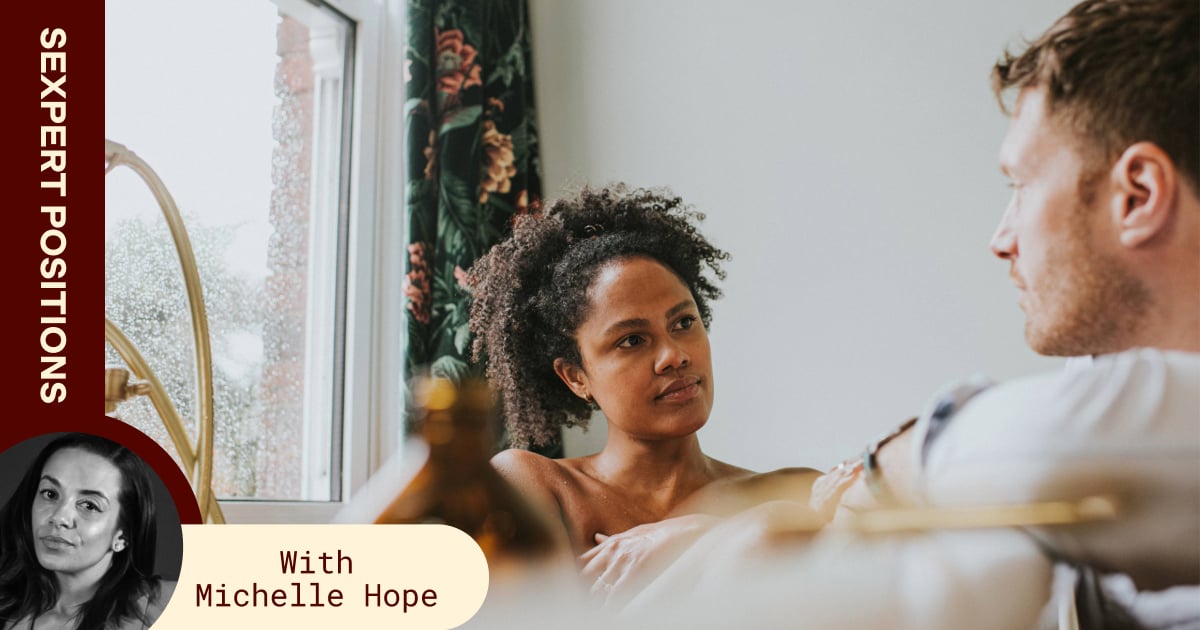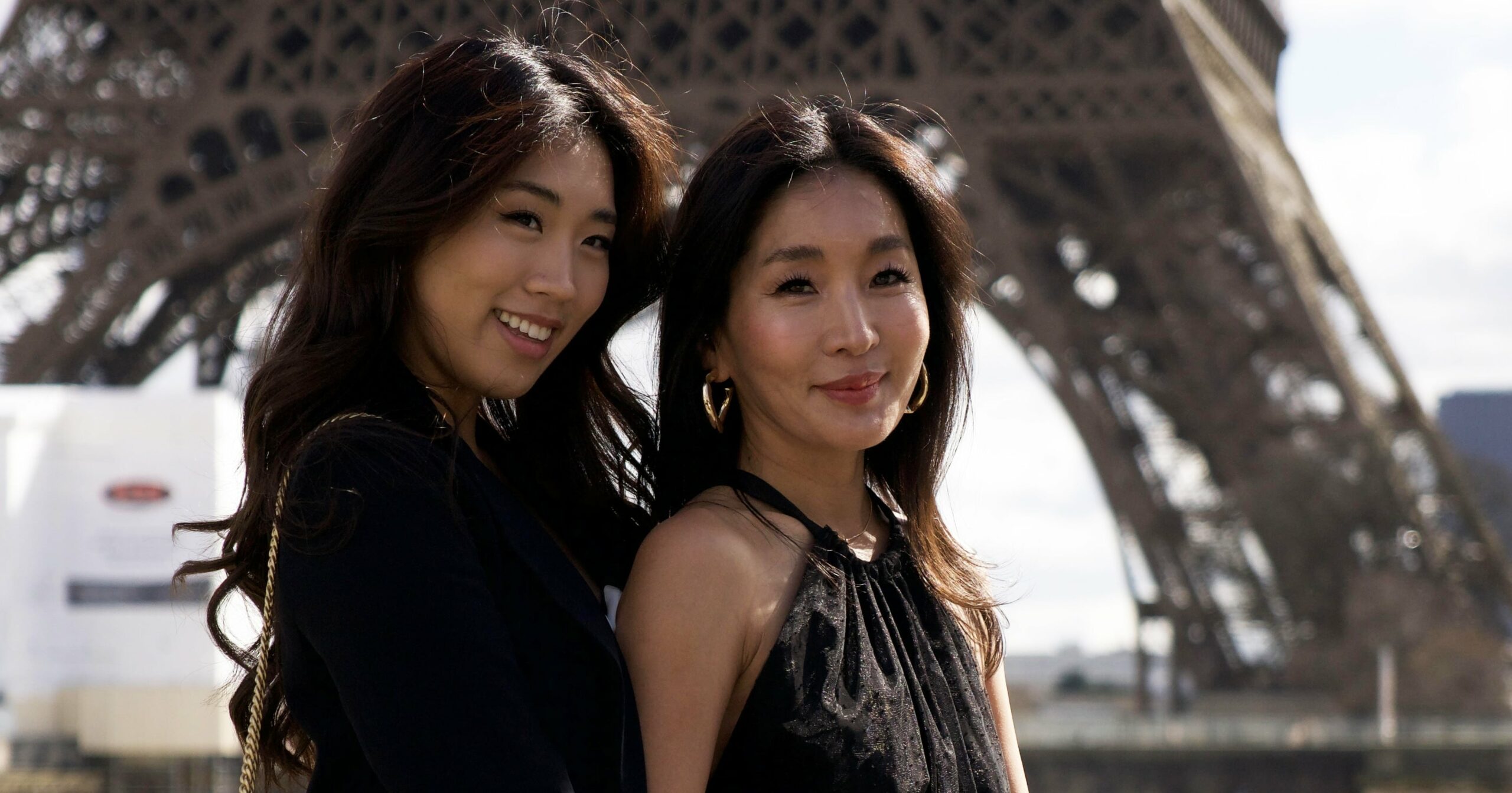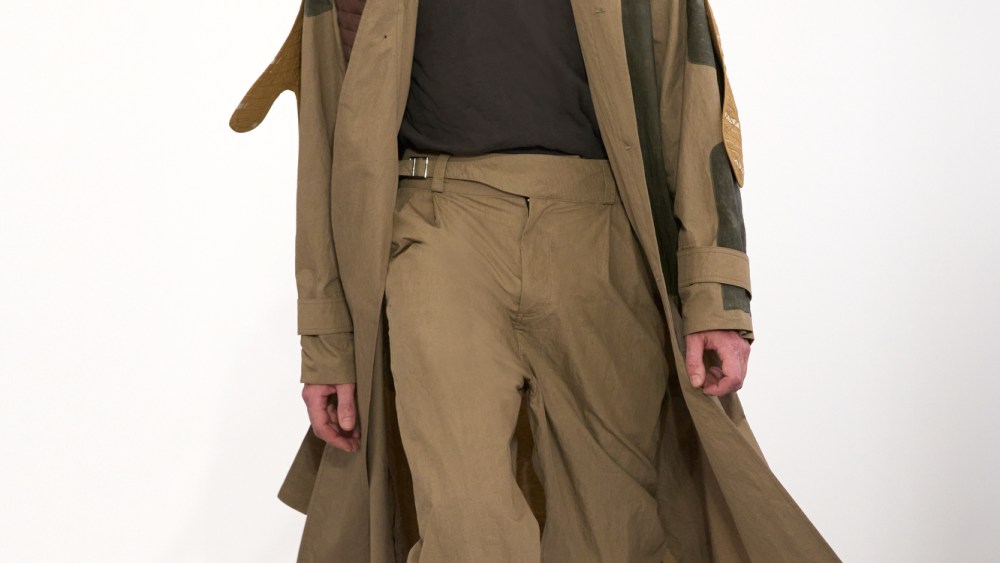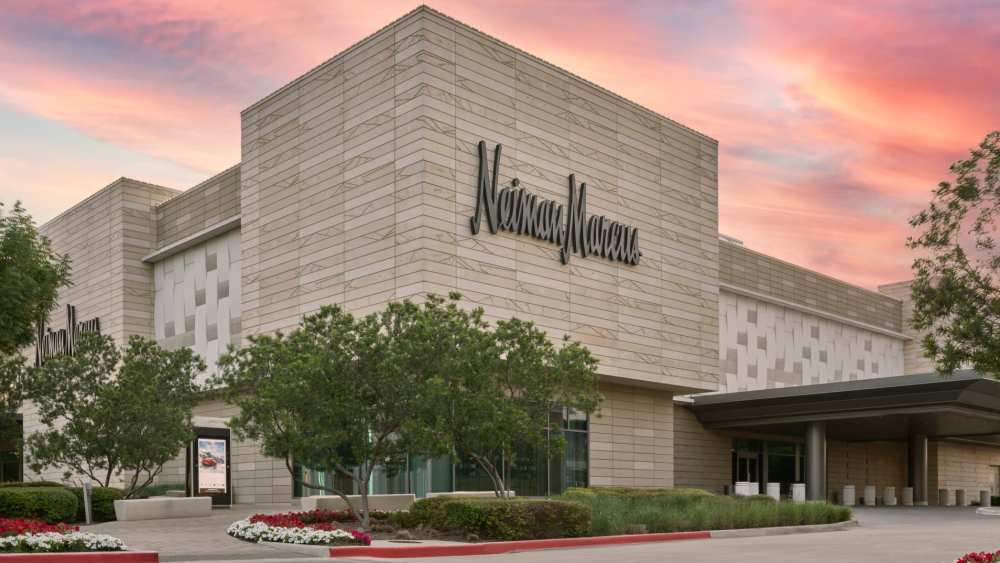Dear Michelle,
I’ve never felt like I have a strict, copy-and-paste “type,” being queer and all over the place. But when it comes to men, I’m a little specific, and I’ve tended to be sexually drawn to people who have sharper features and are quite a bit slimmer and darker complected than me. But now, I’m dating someone who doesn’t fit that mold at all! He’s short, stocky, and baby-faced – but he won me over by being incredibly consistent, emotionally aware and open, and deeply intentional with me (which, honestly, I find really hot).
Here’s where I feel a little guilty, though: I feel so much safer in this relationship than when I’ve dated more conventionally attractive people. Like I’m not at all worried about how other people perceive us, or worried about how I look compared to him – not to be confused, I am very confident, but society hates to see a fat woman with a partner hotter than them, so in the past I’ve felt a little more on edge. It also helps a lot that he has made it clear that I am very much his “dream archetype,” so I feel very desired. I hate admitting that, but it’s there, and I feel like an asshole for feeling lucky and free because my man is handsome but not hot.
Additional context – while navigating the bedroom has been quite a bit different from other experiences with men and has required some trial and error, I find myself more and more pleased (literally) with what we’re doing. So my question is, how much does “physical type” actually matter in the long run for compatibility? And am I overthinking the safety/attractiveness thing, or is it something I should interrogate further? Oh and don’t worry – this is not something he and I have ever discussed, I’d never want him to feel like he was unattractive to me (he’s not). But a bulk of the attraction I have for him is built on his actions and not appearance. Would love to hear your thoughts!
– Overthinking Attractiveness
Dear Overthinking Attractiveness,
Girlfriend, you are not alone. When you said, “I feel a little guilty for feeling lucky and free because my man is handsome but not hot,” whew – I felt that in my soul.
Let’s be real – those “types” often have less to do with authentic desire and more to do with what we’ve been conditioned to chase.
Because what you’re really unpacking – beneath this idea of having a “type” – is something deeper: what it means to be safe, wanted, and fully seen in a relationship that doesn’t match the fantasy you thought you were supposed to want. The jawline might be missing, the swagger replaced by something softer, but what you’ve got? It’s turning you out in all the right ways. Emotionally, sexually, spiritually – you’re lit up. So why does it still feel confusing?
You’re not the only one who’s asked this. So many of us built our early desire maps around people who checked a very specific, very socially sanctioned list: tall, slim, brooding, maybe a little emotionally unavailable for flair. But let’s be real – those “types” often have less to do with authentic desire and more to do with what we’ve been conditioned to chase. That doesn’t mean you weren’t genuinely attracted to those people. It just means they came pre-approved by a culture that values aesthetics over intimacy.
Over time – if we’re lucky, healing, and paying attention – we start to realize that what actually turns us on, grounds us, and makes us feel chosen has less to do with fantasy and a whole lot more to do with how we’re held when the world feels like it’s falling apart.
Here’s what I think you’re really asking: is it okay to feel more at ease, more confident, and more sexually alive with a partner who doesn’t match the visual ideal I once believed I needed? And the answer is yes – because what you’re feeling isn’t shallow or strange. It’s growth.
Let’s be honest: “type” is often a script written by society, not our actual bodies. It’s shaped by racism, fatphobia, desirability politics, shame, and the media’s obsession with a very narrow idea of beauty. If you’ve ever felt hyperaware of how your body stacks up next to your partner’s – or braced yourself for judgment because you dared to be fat, femme, or otherwise marginalized while dating someone deemed “hotter” – you already know how much of your desire has been filtered through fear.
That’s why it can feel so liberating to be in a relationship that isn’t haunted by other people’s opinions. Not because your partner is “less than” – please, he sounds like a snack and a half – but because the dynamic doesn’t force you to perform worthiness. You don’t have to anticipate stares. You don’t have to overcompensate. You just get to be. And in that stillness? That’s where real desire starts to bloom.
Now, let’s talk about what makes that desire sustainable. You mentioned the sex took a little figuring out and now it’s better than ever. That tracks. We’ve been sold this idea that sexual chemistry should hit like lightning: fast, electric, undeniable. That’s what’s known as spontaneous desire – and spoiler alert? It’s mostly a myth. Or at least, it’s a highly romanticized version of desire that’s been upheld by patriarchal ideals suggesting that if we’re not instantly dripping with lust, something’s broken. That kind of messaging doesn’t leave much room for how desire really works – especially for women, femmes, queer folks, or anyone whose nervous system is out here trying to survive 2025.
Enter science. According to the Masters and Johnson Human Sexual Response Cycle, sexual arousal unfolds in four phases: excitement, plateau, orgasm, and resolution. What we’re rarely taught is that many people – especially those in long-term relationships or dealing with stress – don’t start at “excitement.” Instead, arousal builds slowly, often emerging only after intimacy begins. That’s called responsive desire, and it’s not only valid, it’s the foundation for truly hot, connected sex.
And speaking of foundations, we need to talk about where most of us got our first dose of sex education: porn. And look – I’m not anti-porn. But let’s be honest. A lot of folks grew up thinking good sex looked like Olympic-level athleticism with zero communication and a grand finale after five minutes. If that was your template? You were misled. Trying to base your sex life on what you saw in early-2000s internet porn is like modeling your love life after “Candyman.” Say his name three times, and instead of an orgasm, you’ll summon regret and a pulled hamstring.
The sex we think we should be having is often just a replay of someone else’s fantasy – one that was never built with your body, your boundaries, or your pleasure in mind. When you let go of all that and focus instead on curiosity, presence, and what feels good right now? That’s where real chemistry starts to grow.
Let’s zoom out even further. Desire doesn’t just evolve across relationships; it evolves across time. As we age, our bodies change. Hormones fluctuate. Our needs, boundaries, and turn-ons shift. And for those of us living with disability, chronic illness, or trauma histories, that evolution might look even more layered. But none of it means that sex becomes less available or less valid. In fact, when you stop trying to perform the kind of sex you think you’re supposed to have and instead focus on what actually feels good, you start to discover new ways to experience pleasure. You speak your needs. You stop chasing the old spark and start creating your own fire.
You’re learning that the hottest kind of sexy isn’t the one you can predict – it’s the one that surprises you.
That’s why sexual confidence and body confidence are inseparable. It’s not about fitting into some aesthetic mold. It’s about feeling safe and celebrated enough to fully inhabit your body. That kind of confidence doesn’t just improve your sex life, it transforms it. Because when you trust yourself in the bedroom, when you let go of the performance and lean into real connection? That’s when the orgasms hit different.
So no – you’re not superficial, and you’re not settling. You’re evolving. You’re rewriting what desire means to you. And you’re learning that the hottest kind of sexy isn’t the one you can predict – it’s the one that surprises you, meets you where you are, and makes you feel fully, deeply wanted.
We’re living through the kind of times that make even the most stable libido take a nap. So no, you’re not wrong for craving calm over chaos, tenderness over tension. These days, a good climax is great. But a partner who’s emotionally consistent, politically aligned, and down to ride through the fire with you? Even better.
So raise a glass to the lovers who see you, the sex that frees you, and the grown-up desire that actually gets you off. You’ve earned it.
Rooting For You,
Michelle
Sexpert Positions is a monthly column where sexologist Michelle Hope answers your most pressing questions about sex. Have a topic you want addressed? Drop Michelle a message on Instagram or email her at SexpertPositions@voxmedia.com. By submitting a question, you agree to our Submission Terms.
Michelle Hope (she/they) is your go-to maven for all things sex, love, and modern relationships. A sexologist, author, and advocate for reproductive justice and sexual health equity, Michelle infuses her deep knowledge and extensive field experience into every dialogue. Whether breaking down barriers in conversation or pushing the boundaries of social norms, her approach is provocative, enlightening, and never for the faint of heart. Exploring the intersections of identity and desire, Michelle is here to shake up your perspectives, one bold truth at a time. Michelle is a PS Council member.




